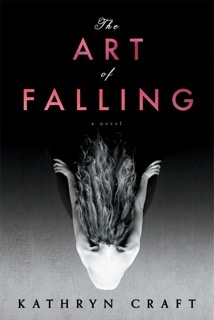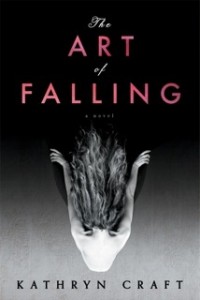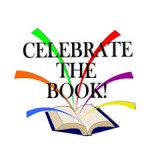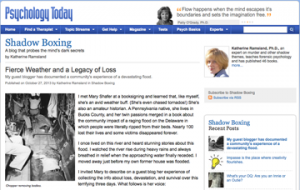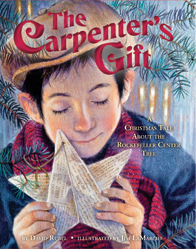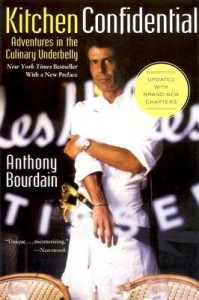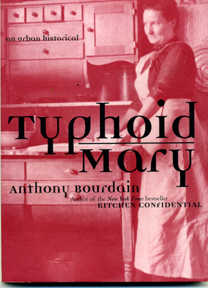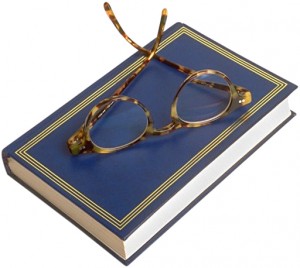
I’ve been privileged to know Barbara Techel since she and I were both relative newbies to indie publishing. I had just published Almost Perfect: Disabled Pets and the People Who Love Them, and Barb was in the process of publishing her first children’s book, Frankie the Walk ‘n Roll Dog through her publishing house, Joyful Paw Prints Press. Also a self-published author, she reached out to ask me some questions about promoting books about disabled pets, and in the ensuing years, she has become one of my favorite people on the planet.
Since completing her Frankie series of children’s books, Barb has gone on to write and publish a couple nonfiction titles. The first was Class Act: Sell More Books Through School and Library Author Appearances, which I had the honor of editing. It’s the only book solely on this subject, and is absolutely stuffed with useful information for any author trying to promote their book.
Barb’s latest nonfiction effort is Through Frankie’s Eyes: One woman’s journey to her authentic self, and the dog on wheels who led the way. It’s a courageous sharing of Barb’s personal story, about how her entire life was transformed by the love of a small red dachshund who lost the use of her back legs. Barb was inspired by her miniature dachshund, Frankie, who ruptured a disk in her lower back when she was 6 years old and was given only a 30% chance of walking again. This led Barb to have Frankie custom-fit for a dog cart to help her walk again. Through Frankie’s Eyes is a moving read she sent me at a time when I was going through some personal struggles of my own, and I found it inspiring and uplifting, at a time when I really needed that. So I’m sharing with you here a recent visit with Barb about this marvelous book, in hopes that perhaps it can do the same for you.
Q. What was your initial reaction when your dog was given only a 30% chance of walking again?
I was devastated. I couldn’t imagine what Frankie’s life would be like if she didn’t walk on her own again. And just as I talk about my book and being honest, I share that I questioned if I even wanted to take care of a handicapped pet. How would my own life change? How would I do this? I was scared.
But I loved Frankie so much and I wanted to give her a chance. It changed me in a way I never saw coming, and I’m so grateful.
Q. Was Frankie’s injury the impetus to help other dogs with disabilities?
Very much so. I never had even heard about dog wheelchairs (also called dog carts) before this happened to Frankie. When I had Frankie custom-fitted for her wheelchair, I was amazed at how she could do pretty much all the same things she did before her paralysis. Her wheelchair was just a tool to help her live a quality life.
When Frankie became paralyzed in 2006, I didn’t really hear of any other dogs such as her who were in wheelchairs. It was part of the reason I wrote a children’s book, Frankie the Walk ‘N Roll Dog about her, to help spread a positive message and educate not only small children, but parents and grandparents who would read the story to their kids/grandkids and they could learn that dogs with disabilities can lead a great life if given a chance.
Q. Your story, Cassie & Frankie Inspire a Writer, won an honorable mention award in 2007, in a contest sponsored by Linda and Allen Anderson of Angel Animals Network. Who is Cassie, and were you inspired to help just Frankie when you wrote the book or article, or did it move you to help other disabled dogs, as well?
Cassie was my chocolate Lab, who passed away in 2005 from terminal bone cancer. She inspired me to become a writer. I was in awe of how she continued to be happy even though a tumor in her body was growing and would eventually take her life. It awakened me to go after what it was that would bring me more joy, and to live my own life to the fullest. Though cliché, it hit me over the head how short life really is.
Little did I know that nine months after Cassie’s death, Frankie would then become paralyzed. Though it was painful and tough at the beginning of Frankie’s ordeal, I knew I was being presented with an opportunity to spread a positive message.
 Q. Has being the owner of a disabled dog made you more sensitive to disabled people?
Q. Has being the owner of a disabled dog made you more sensitive to disabled people?
You know, I’ve always been sensitive to disabled people. But I’d say my empathy and compassion deepened. Even more than that, my respect for them grew, as I realized even more what they are up against in their day-to-day lives.
Q. You are an advocate of the human-animal bond. What can you tell us about animal communication?
I’m very fascinated by the human-animal bond. I honestly believe if not for my dogs, I wouldn’t be the woman I am today. I’ve learned so much from them and feel I’m a better human being because of having them in my life.
One thing that concerns me is that I don’t know that we take the time to really see and tune into our pets. I know it’s not always easy in our very busy, day-to-day lives, and believe me — I’m not perfect at this, either. But I truly believe they are trying to help us mortal human beings to live more consciously, and to awaken to living more fully in the present moment.
Q. What can dogs teach us?
The list is endless! For me, I’ve learned to appreciate nature. I’ve learned to live more in the here and now. I’ve learned to worry less. I’ve learned to be still more often. I’ve learned not to take life too seriously. I’ve learned to be positive and look for blessings in challenges. I’ve learned that it’s okay to take a nap in the middle of the day.
 Q. I understand you created National Walk ‘n Roll Dog Day, which is observed annually on September 22. How are paralyzed dogs helped because of this day?
Q. I understand you created National Walk ‘n Roll Dog Day, which is observed annually on September 22. How are paralyzed dogs helped because of this day?
Yes, I am the founder of National Walk ‘N Roll Dog Day, which I launched in 2012. This special day is in memory of Frankie, created in honor of all dogs in wheelchairs around the world. Frankie touched the lives of thousands during her six years in a wheelchair, visiting schools in my state of Wisconsin. She even became a dog who visited schools via Skype! Frankie also touched many lives as a therapy dog visiting hospice, hospitals and nursing homes.
I was so inspired by Frankie and all the dogs in wheelchairs that I wanted to have this special day in their honor. It’s my hope to continue to shine a positive light on these dogs, who overcome adversity so beautifully. We can learn so much from their amazing spirits.
Along with this special day, I created The Frankie Wheelchair Fund. This fund grants wheelchairs to paralyzed dogs who may otherwise not have been able to have one, such as when their families are in financial stress, or the dog is in a rescue situation. To date, we have granted 32 wheelchairs to dogs in need.

